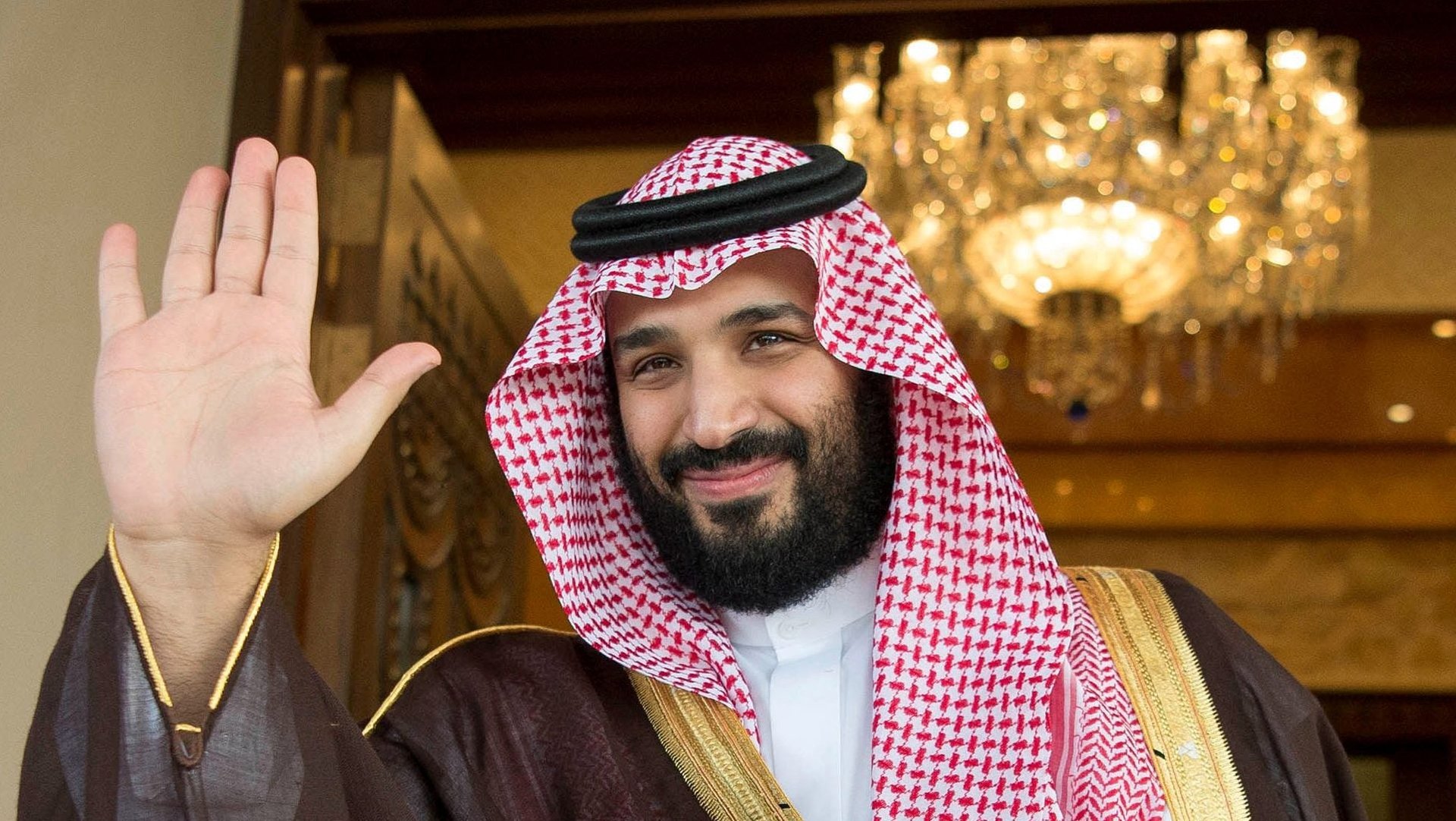As the world fumes over Jamal Khashoggi’s murder, Trump praises the ruler many deem responsible
The world wants answers from Saudi Arabia about the brutal murder of journalist Jamal Khashoggi on Oct. 2. The US president, for his part, praised the ruler many believe responsible, Saudi crown prince Mohammed bin Salman, as “a person who can keep things under check… I mean that in a positive way,” in a Washington Post interview published Saturday night (paywall).


The world wants answers from Saudi Arabia about the brutal murder of journalist Jamal Khashoggi on Oct. 2. The US president, for his part, praised the ruler many believe responsible, Saudi crown prince Mohammed bin Salman, as “a person who can keep things under check… I mean that in a positive way,” in a Washington Post interview published Saturday night (paywall).
Khashoggi, a Saudi citizen in exile in the US, wrote critically of the crown prince in his columns for the Washington Post. The kingdom’s official story of his death is that Khashoggi was killed after a fistfight went wrong in the country’s Istanbul consulate. Saudi Arabia’s foreign minister yesterday portrayed the killing as a rogue operation and a “tremendous mistake” the country was investigating.
The account essentially ignores Turkish allegations (paywall) that 15 Saudi men, many linked to Saudi security services, flew into Istanbul with a bone saw, severed Khashoggi’s fingers, and then killed and dismembered him. The CIA has reportedly listened to audio recordings of the killing.
The story did not go over well in Western capitals. The UK, French, and German governments issued a joint statement today saying “nothing can justify this killing” and noting an “urgent need for clarification” remains. Canadian foreign minister Chrystia Freeland’s statement yesterday said that “the explanations offered to date lack consistency and credibility.” Similar sentiments were issued by officials at the UN, the EU, and in other Western governments, according to CNN.
The exception was the White House. Trump has continued to stand by the crown prince, calling him a “strong person” with “very good control” who “truly loves his country” in the Washington Post interview. He said earlier he is unwilling to jeopardize business deals between the countries, referring to US-Saudi arms sales (paywall). “We’d be punishing ourselves” by killing such a deal, he said, calling it a “tremendous order for our companies.”
Trump has continually expressed confidence in bin Salman’s handling of the matter. The prince “totally denied any knowledge of what took place in their Turkish Consulate,” he tweeted on Oct. 16, referring to discussions with the crown prince, “and has already started, and will rapidly expand, a full and complete investigation into this matter.”
But even members of Trump’s own party are criticizing the crown prince. “I feel certain that the crown prince was involved and that he directed this,” senator Rand Paul told Fox News Sunday today. “And that’s why I think we cannot continue to have relations with him. And so I think he’s gonna have to be replaced, frankly.”
Calls to sanction Saudi Arabia are rising, but the Saudi government is trying to rattle its own saber. The state-run Saudi Press Agency warned on Oct. 14 that any action from the US would elicit “greater action, and that the Kingdom’s economy has an influential and vital role in the global economy.” (The Saudi embassy in Washington later walked back the threat by thanking countries like the US “for refraining from jumping to conclusions” in the case.)
It’s a hollow threat (paywall) in any case. Saudi Arabia depends on the US for its economic well-being, and remains heavily dependent on oil. Restaging the 1970s oil embargo which drove up oil prices would be impossible. Far more countries supply international oil markets today, and US production now exceeds that of Saudi Arabia. The Saudi air force flies primarily US jets that need spare parts from US suppliers. Attempts to diversify the Saudi economy away from oil and the state (70% of employed Saudis work for the government) are mostly big bets on US startups—including Lyft, Uber, and Magic Leap—and a massive $45 billion check to SoftBank’s Vision Fund, the largest venture fund of all time.
Now the country’s investments are being questioned as well. Business leaders such as Uber CEO Dara Khosrowshahi and other prominent figures, including executives at Ford, Google, and JPMorgan Chase, have pulled out (paywall) of the country’s key “Davos in the Desert” event this month. Even US Treasury Secretary Steven Mnuchin, after initially saying he would attend, decided to skip it as well (he’s still slated to attend an anti-terror finance meeting with the Saudis later this month).
Saudi Arabia’s record on human rights ranks among the world’s worst. The country regularly resorts to torture, political assassinations, financing terrorism, and conducting airstrikes on civilians in Yemen, where its actions threaten to create a deadly famine for millions of people. But the gruesome details of the murder of Khashoggi, who wrote passionately about democracy in Saudi Arabia, may have struck too close to home for the crown prince’s former allies, even if Trump remains a fan.